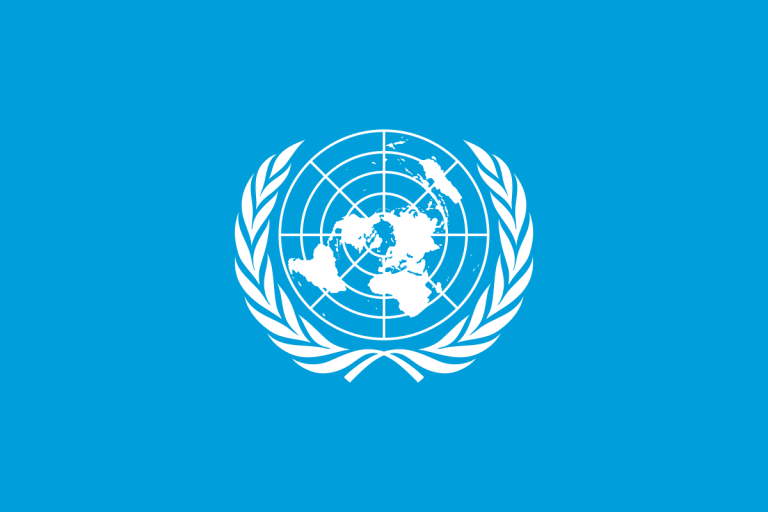The full form of UNO is “United Nations Organization.” It is an international organization founded on October 24, 1945, after the end of World War II, with the aim of promoting international cooperation, peace, and security among nations. Today, it is made up of 193 member states from around the world.
The United Nations Organization (UNO) is one of the most influential and important international organizations in the world. Its work impacts people in countries around the globe. But what exactly is the UNO, and what is its full form? In this article, we’ll explore the full form of UNO, what it is, and how it works.
What is the United Nations Organization?
The United Nations Organization is an international organization that aims to promote peace and security among nations, as well as to foster cooperation and development. It is a forum for member countries to address international issues and coordinate their efforts to achieve common goals.
The UNO is made up of several bodies, including the General Assembly, the Security Council, the International Court of Justice, and the Secretariat. Each body has its specific role in maintaining peace, security, and cooperation among member countries.
The General Assembly
The General Assembly is the main decision-making body of the UNO. It is made up of representatives from all member countries, each of whom has one vote. The General Assembly meets annually to discuss and coordinate international issues, and its decisions are non-binding.
The Security Council
The Security Council is responsible for maintaining international peace and security. It is made up of 15 members, five of whom are permanent (China, France, Russia, the United Kingdom, and the United States), and ten of whom are elected for two-year terms. The Security Council has the power to impose sanctions, authorize military action, and take other measures to address threats to international peace and security.
The International Court of Justice
The International Court of Justice is the main judicial body of the UNO. Its role is to settle legal disputes between member countries and give advisory opinions on legal questions referred to it by the General Assembly or the Security Council.
The Secretariat
The Secretariat is responsible for the day-to-day administration of the UNO. It is headed by the Secretary-General, who is appointed by the General Assembly on the recommendation of the Security Council. The Secretariat is made up of thousands of staff members from around the world who carry out the work of the organization.
How Does the United Nations Organization Work?
The UNO works by bringing member countries together to address common challenges and achieve common goals. It does this through a range of mechanisms, including diplomacy, negotiation, and mediation. The UNO also provides humanitarian assistance to people in need, promotes human rights and sustainable development, and fosters cooperation among member countries.
One of the most critical roles of the UNO is maintaining international peace and security. The Security Council is responsible for this, and it does this by taking a range of measures, including imposing sanctions, authorizing military action, and establishing peacekeeping missions.
Another key role of the UNO is promoting human rights and sustainable development. The UNO has adopted several treaties and declarations that outline international human rights standards, and it works to promote and protect these rights through various programs and initiatives. The UNO is also committed to achieving the Sustainable Development Goals, a set of 17 goals aimed at eradicating poverty, protecting the planet, and promoting prosperity for all.
Conclusion
The UNO is a vital international organization that plays a critical role in promoting peace, security, and cooperation among nations. Its work impacts people in countries around the globe and is essential to addressing the challenges facing the world today, from climate change to conflict and humanitarian crises.

